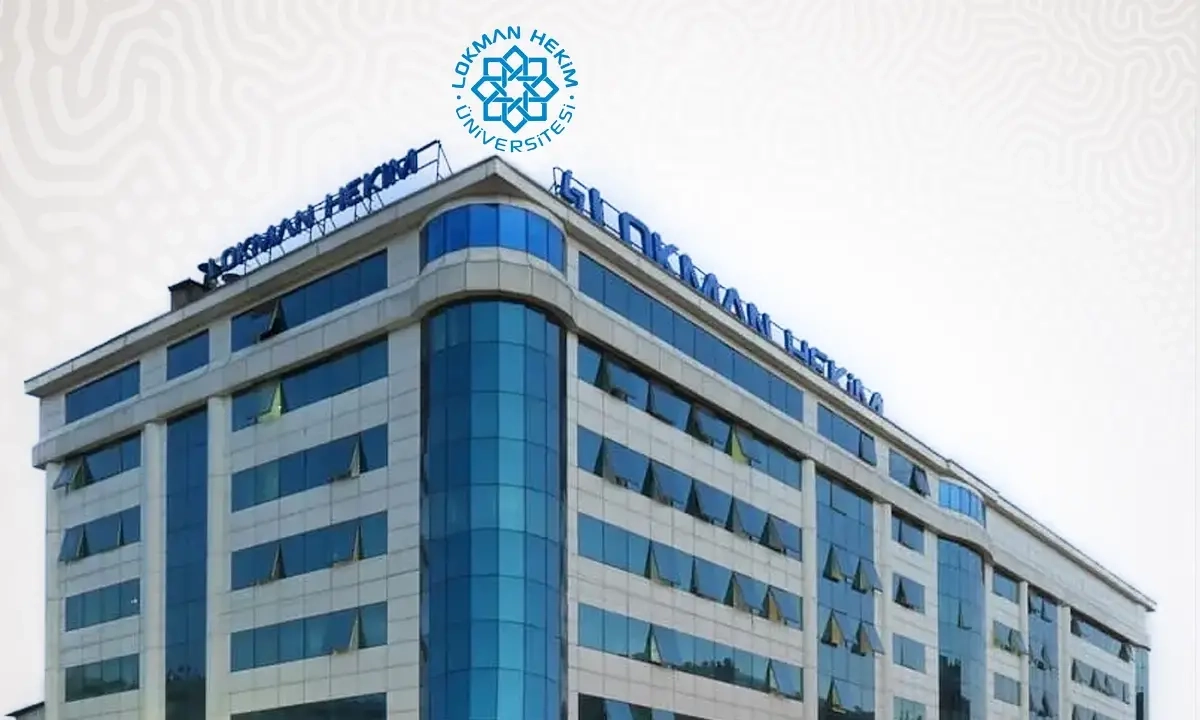College: Health Sciences
The Medical Laboratory specialty focuses on analyzing biological samples for the diagnosis, treatment, and prevention of diseases. Students develop skills in clinical chemistry, hematology, microbiology, immunology, and laboratory management. Graduates are prepared for work in hospitals, clinical laboratories, research institutions, and public health organizations.
Learning Objectives:
- Understand the fundamentals of medical laboratory science.
- Develop skills in clinical chemistry, hematology, microbiology, and immunology.
- Learn techniques for conducting and interpreting laboratory tests.
- Explore principles of laboratory management, quality control, and safety procedures.
- Analyze and interpret medical laboratory data.
- Develop critical thinking, problem-solving, and analytical skills for effective medical laboratory practice.
Main Curriculum:
- Introduction to Medical Laboratory Science
- Overview of key concepts, principles, and practices in medical laboratory science.
- Basics of laboratory testing, quality control, and safety procedures.
- Clinical Chemistry
- Principles of clinical chemistry, including biochemical analysis and metabolic disorders.
- Techniques for performing and interpreting clinical chemistry tests.
- Hematology
- Principles of hematology, including blood cell analysis, coagulation, and blood disorders.
- Techniques for performing and interpreting hematology tests.
- Microbiology
- Principles of microbiology, including identification and treatment of bacterial, viral, and fungal infections.
- Techniques for performing and interpreting microbiology tests.
- Immunology
- Principles of immunology, including immune system function, immune disorders, and immunological tests.
- Techniques for performing and interpreting immunological tests.
- Laboratory Management
- Principles of laboratory management, including operations, staffing, and financial management.
- Techniques for managing and improving laboratory services.
- Quality Control and Safety
- Principles of quality control and safety in the medical laboratory.
- Techniques to ensure accuracy, reliability, and safety in laboratory testing.
- Practical Training in Medical Laboratory
- Real-world experiences in medical laboratory settings, including clinical practicums, internships, and hands-on practice in hospitals or clinical laboratories.
- Applying acquired skills in practical medical laboratory scenarios.
- Capstone Project in Medical Laboratory
- A comprehensive project applying skills in clinical chemistry, hematology, microbiology, or immunology.
- Presentation of a polished medical laboratory project, research paper, or presentation.
Assessment Methods:
Reports on clinical chemistry, hematology studies, microbiology projects, immunology analyses, laboratory management plans, quality control and safety projects, practical training reports, capstone projects, group projects, and presentations.
Recommended Textbooks:
- "Medical Laboratory Sciences" by various authors.
- "Clinical Chemistry" by various authors.
- "Hematology" by various authors.
- "Microbiology" by various authors.
- "Immunology" by various authors.
- "Laboratory Management" by various authors.
- "Quality Control and Safety in the Medical Laboratory" by various authors.
Prerequisites:
Basic knowledge of biology, chemistry, and medical terminology. Suitable for students interested in laboratory science, medical diagnostics, and healthcare services.
Program Duration:
Typically 4 years for a bachelor's degree, including coursework, clinical practicums, practicum, and internships. Additional advanced degrees or certifications may be required for specialized roles.
Certification:
Graduates can obtain a degree in Medical Laboratory Sciences and pursue higher education or gain professional certifications, such as Medical Laboratory Scientist (MLS) or Medical Technician (MT).
Target Audience:
Aspiring medical laboratory scientists, clinical laboratory technicians, laboratory managers, and individuals seeking careers in hospitals, clinical laboratories, research institutions, and public health organizations. This program equips students with the scientific, technical, and analytical skills needed to excel in medical laboratory sciences and support careers in various laboratory and healthcare-related roles.

























